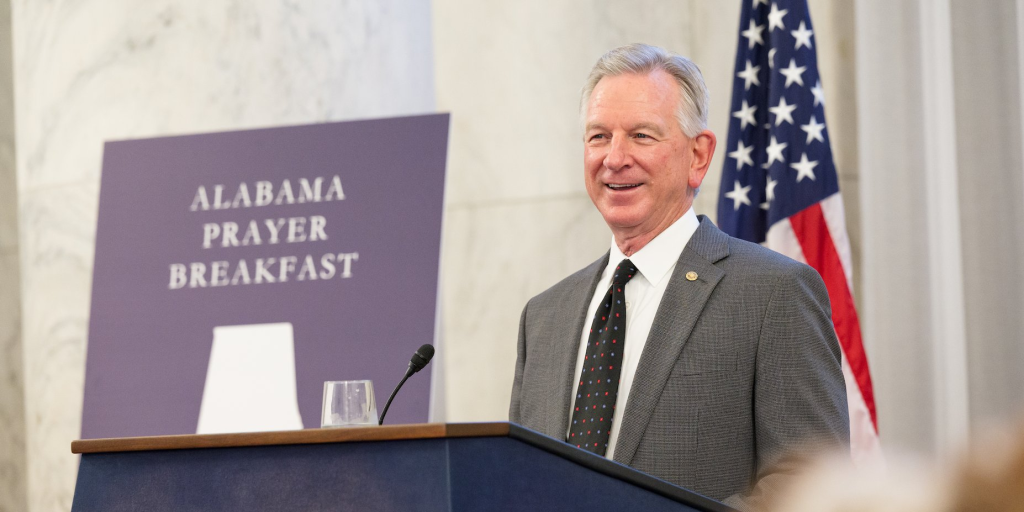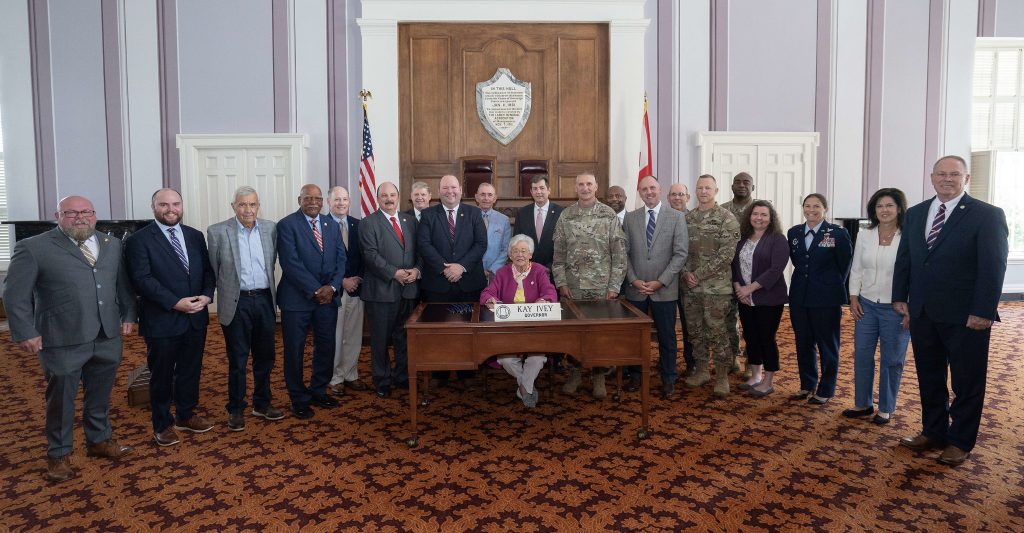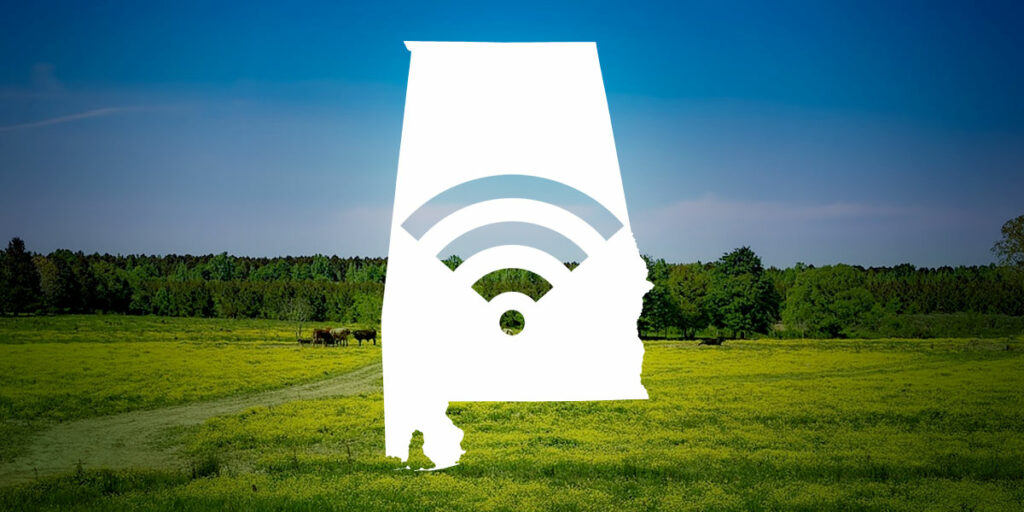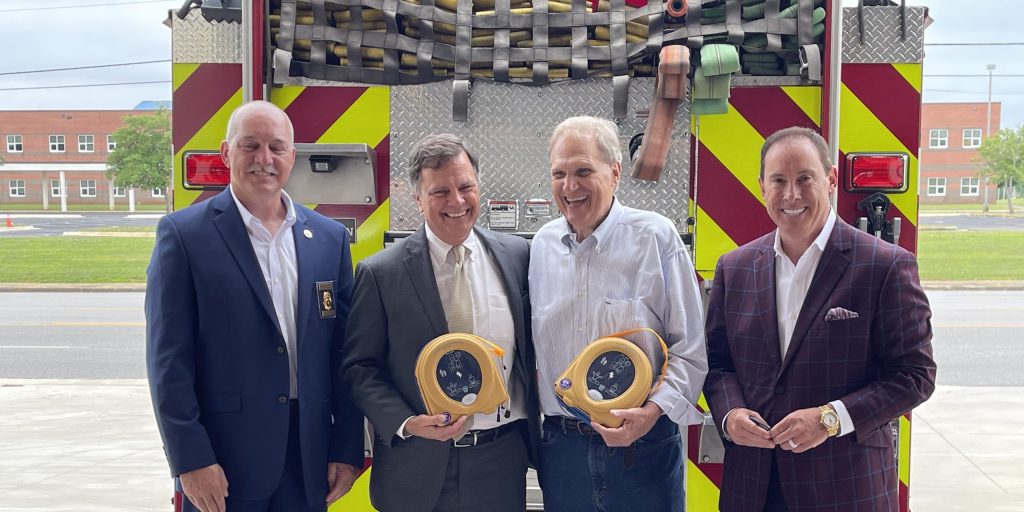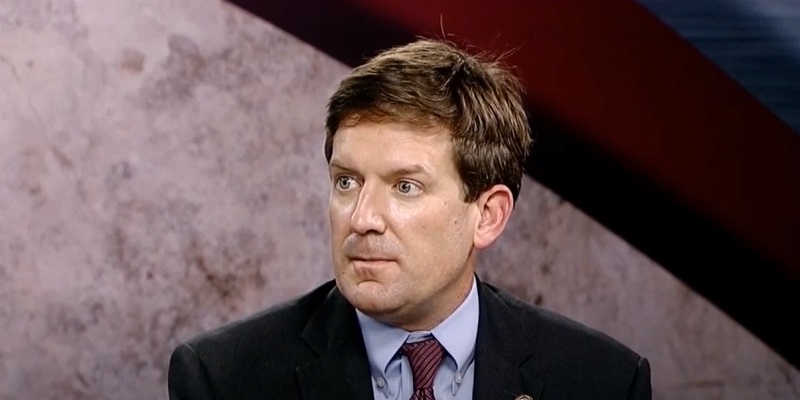The month-plus shutdown of the economy to mitigate the spread of COVID-19 demonstrated why society should rethink the role of internet connectivity, especially in Alabama.
While much of the country touts kitschy slogans like, “We’re all in this together,” being together has proven difficult in some parts of the state because of the lack of dependable internet.
That is not lost on State Senate Majority Leader Greg Reed (R-Jasper), who represents the rural Senate District 5, which is spread out over five counties.
“In rural areas, this, in my opinion, is one of the most significant that we’ve got to deal with,” Reed said in an interview with WVNN radio earlier this month. “We’ve already done some good work. We’ve already allocated some grant resources. We’ve done some things with the supercomputer authority. There have been some ways to increase the broadband access in our state, but it is still not good enough. And the coronavirus has just put an exclamation point on exactly why these issues are so important in especially rural portions of Alabama, to a district like mine where we’re going to be doing telehealth and telemedicine with our physicians, that nurse practitioners in the future — I just think that becomes a part of the way health care is going to be delivered in the future.”
“And being able to do that is so important in rural areas, where we have a lot of issues with health care, with the delivery of health care, obviously with economics topics,” he continued. “No one is going to locate their millions and millions of dollars in investment into a facility or a business in an area that cannot have high-speed internet access as well as education. That was a topic that we’ve talked about before, but it is even more important now — that we have some children in our state are not able to receive the same level as other children in our state simply because we do not have the level of technology available, the level of internet services available in some of the rural areas. Those children wind up being disadvantaged as a result.”
According to Reed, resources allocated to the state by the federal government in the name of coronavirus relief would go a long way in resolving the state’s broadband woes.
“If there’s a way we can find the resources — if some of these resources from the federal government can be used for rural broadband and expansion of that inside our state — I just think that’s a good use of those dollars,” he said. “I think it will be beneficial, as I said a minute ago, to the people of Alabama for a long, long time into the future. This is an infrastructure question related to the strength of our state, and it continues to be a priority, and I think coronavirus has done nothing but reiterate how important that really is to people throughout our state.”
State Senator Donnie Chesteen (R-Geneva) looks at internet connectivity in both the long and short terms. He encouraged funding to support the Alabama Broadband Accessibility Act, carried by him as a member of the Alabama House of Representatives in 2018, and signed by Gov. Kay Ivey later that year. He also offered solutions in the interim that could be a stop-gap measure during for the fallout of the pandemic.
“I think the long-term part of it is we have to continue funding, and we have to increase our funding to the Broadband Accessibility Act in order to try to get broadband into unserved areas of our state,” Chesteen said in an interview in April. “Short-term we’re looking at ways to equip school buses with WiFi to get them into some hotspots into unserved areas, say there are rural churches where there’s a parking lot, where parents can drive their children up to do their own homework. But again, this goes back to the very beginning for the need for rural broadband. The students who do not have access to the online instruction in school right now are once again at a disadvantage. They’re having to take their paper packets and do their work. They don’t have that daily communication with their teachers that many of these students have who do have access to online.”
State Sen. Clay Scofield (R-Guntersville), who sponsored the 2018 Alabama Broadband Accessibility Act in the State Senate, noted that Alabama still lags behind neighboring states. He also said there was a conservative case to be made for rural broadband internet improvements.
“Corona has definitely highlighted and really shed a huge light on our connectivity disparity in Alabama,” Scofield said to WVNN last week. “We literally are as far as our surrounding states lag far behind. Believe it or not, the state of Mississippi has about double the coverage that Alabama does, if you can believe that. We are very far behind in Alabama. Now, corona or no corona — as I’ve been screaming for years — this is the future. Whether or not you’re doing your schoolwork at home, whether you’re working from home, or you’re engaging in telemedicine — high-speed internet is going to be critical. We have to make this investment in Alabama.”
“There’s a lot of people listening right now that are saying, ‘That doesn’t affect me. I have good connectivity at my home. But for us conservatives — those areas that do not have connectivity, they cost a lot of money in public funds to keep up, and that’s only going to continue unless we make these investments to try to turn that tide away from costing the state of Alabama to actually being productive areas of this state,” he stated. “I’m convinced we can do it.”
Scofield offered a historical precedent to consider with the New Deal-era creation Tennessee Valley Authority (TVA), which brought electricity to unserved parts of North Alabama in the early part of the 20th century. That, he said, set the northern part of the state on an economic trajectory that is unmatched in some parts of Alabama. He argued that internet connectivity could play a similar role to the TVA.
“Back before TVA came along, North Alabama was one of the poorest areas of Alabama,” Scofield said. “We’ve kind of flip-flopped. You had Alabama Power that was servicing the southern part of the state, around Birmingham, and all of that. There wasn’t hardly much going on in North Alabama. And so, we find ourselves in a different situation than we were in in the 30s and 40s. I don’t want any to look at it and say, ‘Those areas are lost for good. They’ll never be productive. I’m glad they didn’t say that about North Alabama and did nothing. We wouldn’t be the economic powerhouse that we are today.”
@Jeff_Poor is a graduate of Auburn University and the University of South Alabama, the editor of Breitbart TV, a columnist for Mobile’s Lagniappe Weekly and host of Huntsville’s “The Jeff Poor Show” from 2-5 p.m. on WVNN.





